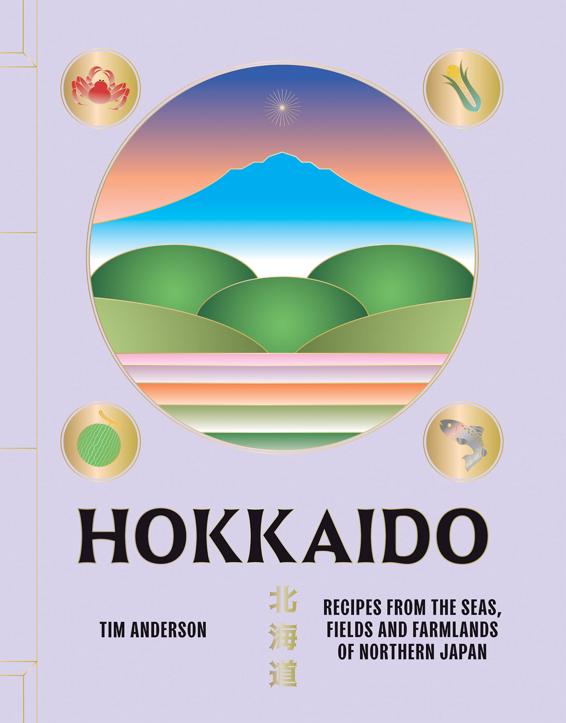

Most ebook files are in PDF format, so you can easily read them using various software such as Foxit Reader or directly on the Google Chrome browser.
Some ebook files are released by publishers in other formats such as .awz, .mobi, .epub, .fb2, etc. You may need to install specific software to read these formats on mobile/PC, such as Calibre.
Please read the tutorial at this link: https://ebookbell.com/faq
We offer FREE conversion to the popular formats you request; however, this may take some time. Therefore, right after payment, please email us, and we will try to provide the service as quickly as possible.
For some exceptional file formats or broken links (if any), please refrain from opening any disputes. Instead, email us first, and we will try to assist within a maximum of 6 hours.
EbookBell Team

5.0
110 reviews‘frontier’. This is the language used by Hokkaido’s own tourism
organisation, a slogan proudly displayed above photos of the island’s
undeniably beautiful scenery: ‘Japan’s Northern Frontier’. Hokkaido was
officially claimed by the imperial Japanese government in 1869, following
the Meiji Restoration the previous year. The annexation invites
comparisons between Hokkaido and the American West, and the American
idea of ‘manifest destiny’. It was considered a logical and obvious step,
taken to consolidate power, protect the country against Russia, and
complete the Japanese mainland we all recognise today. I must say that
historical maps of Japan without Hokkaido look funny to me – like the
country is missing its head.
I, too, have often thought of Hokkaido as a frontier. But I am mindful of
historian Brett L. Walker’s explanation of why this is problematic. In The
Conquest of Ainu Lands, he writes:
‘… as a conceptual tool, the notion of the frontier peripheralizes Ezo
[Hokkaido’s pre-Meiji name] … trade, cultural interaction, economic
growth, and state expansion in Ezo are often cast as part of the
pageantry of Japanese national progress, rather than as the subjugation
of the Ainu homeland.’1
Positioning Hokkaido as a frontier is to portray the island as historically
empty, land that was simply ‘discovered’ by the imperial government. The
reality is that Hokkaido was already home to the Ainu and other
indigenous groups for centuries. Their land was taken, and they were
forced to assimilate into Japanese society under a series of harsh laws that
banned Ainu cultural practices.
When I was a student, I more or less bought into the mainstream
narrative of the imperial ‘development’ (kaitaku) of Hokkaido. On a
research trip in 2005, this was indelibly illustrated to me at the Sapporo
Beer Museum, of all places: essentially a glorified brewery tour, which
merrily tells the story of modern Hokkaido in
…